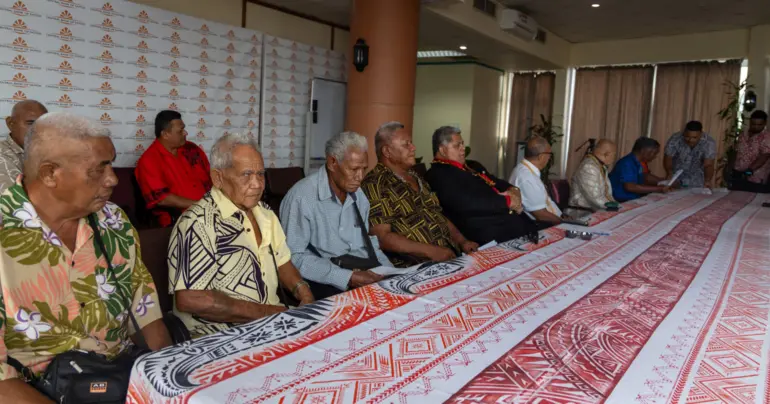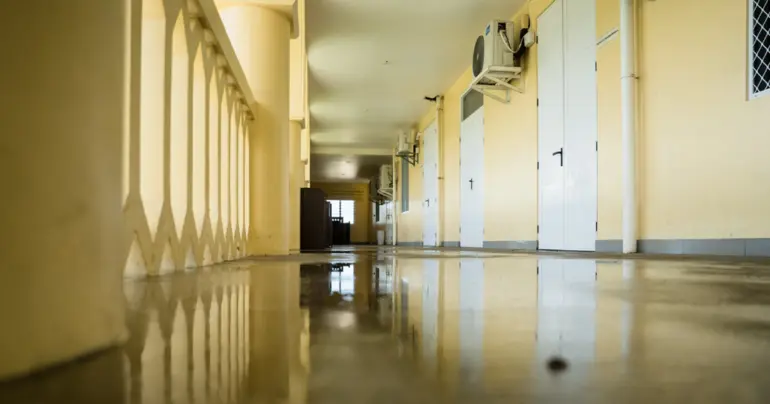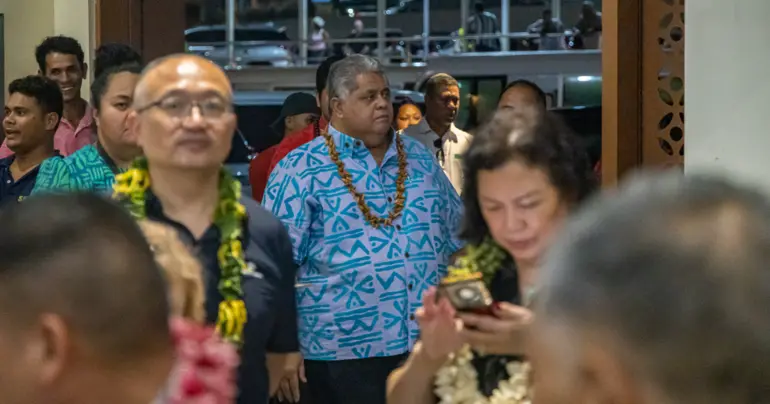Vaccination, boiled water vital during outbreak
 By The Editorial Board
•
10 August 2021, 6:00AM
By The Editorial Board
•
10 August 2021, 6:00AM
It is probably not the best news you want to get at the start of a week, but revelations by the Ministry of Health, that Apia’s water supply could allegedly be the cause of the rotavirus outbreak amongst children, are a cause for concern.
The M.O.H. Director-General, Leausa Dr. Take Naseri, told the Samoa Observer in an exclusive interview (Drinking water suspected in virus outbreak, Sunday, 08 August 2021 edition) that there are suspicions water contamination could be behind the cluster of cases in the Apia Urban Area.
“Diarrheal disease is usually high every year; but since we started testing for this as we now have a vaccine, that’s where the rotavirus has popped up,” he said.
“Remember there are many subtypes of rotavirus, and we have yet to classify what type we have floating around.
“If you look at the data, they’re scattered, but it is mostly from the Apia Urban Area and going inland, it seems to be something to do with the water supply.
“But water quality surveillance tells us that the water is very well treated, and that’s another reason why this is making the topic challenging.”
Leausa said hospital authorities are now also questioning the validity of their rapid tests for the illness to account for the possibility that case numbers were inflated.
“That's why these results have been taken to be verified in New Zealand if it’s a true positive or not,” he said.
“But we have now started prevention measures.”
Late last month the Ministry confirmed that there was a rotavirus outbreak and indicated that there were 31 active cases, after this newspaper had earlier run a story confirming the outbreak.
We welcome the proactiveness shown by the M.O.H. to get the rotavirus results off to New Zealand for further testing, in a bid to confirm the source of the outbreak, and determine whether water supply contamination could be a factor.
And while we look forward to the results of the tests from New Zealand, we must point out that the issue of water contamination has been raised before in the pages of the Samoa Observer.
Just over 12 months ago this newspaper published details of the discovery of traces of the deadly E. coli bacteria in every waterway in Upolu including rivers, lakes and inshore reefs.
The discovery was published in a report titled “Biosecurity of Upolu Fresh and Salt Environmental Water Resources”, which was published jointly by New York University in New York and Abu Dhabi, Samoa’s Ministry of Natural Resources and Environment and the National University of Samoa (N.U.S.), under a partnership facilitated by the United Nations Development Programme in Samoa.
It showed that E. coli was found in every one of the 219 water samples taken from around Upolu in December, which will be affecting human health, environmental degradation and harming the coral reef.
In freshwater samples, the family of bacteria where E. coli belongs made up around ten per cent of all bacteria recovered from water samples.
Three months after the release of the report, a leading scholar on water and civil and environmental engineering expert, Prof. Stuart Khan said the findings should provide a base for further studies to be done.
The research team, whose data was quoted in the report, had regathered 219 water samples from 35 rivers, three lakes, and seawater samples from 39 inner reef, reef and outer reef locations around Upolu over two weeks in December 2019.
So in light of all these developments including the rotavirus outbreak, questions will be asked about the quality of both our water supply system and waterways.
The biggest concern to the public is whether we have reason to continue our use and even consumption of these water sources?
Leausa has indicated that the M.O.H. has started prevention measures as the Ministry awaits feedback from New Zealand.
So what are some prevention measures against consuming contaminated water?
The most cost effective prevention measure for ordinary citizens is to boil your water in order to make it safe to drink. It is the guaranteed form of killing disease-causing organisms including viruses, bacteria and parasites according to health authorities.
It is likely the water supply to the affected suburbs in the Apia Urban Area could be treated as Leausa has indicated, but we can never know until the results are verified.
In fact it is probably the best time to get into the habit of boiling water for drinking, especially for a disaster-prone nation such as ours, and not only do we save our families from water contamination but also during natural disasters when access to clean drinking water can become a challenge.
And protecting your child through vaccination against the rotavirus will also go a long way in securing his or her long-term future.
According to the M.O.H. the vaccine is quite effective in preventing severe rotavirus disease in infants and young children as well as improved water, sanitation and hygiene.
 By The Editorial Board
•
10 August 2021, 6:00AM
By The Editorial Board
•
10 August 2021, 6:00AM











